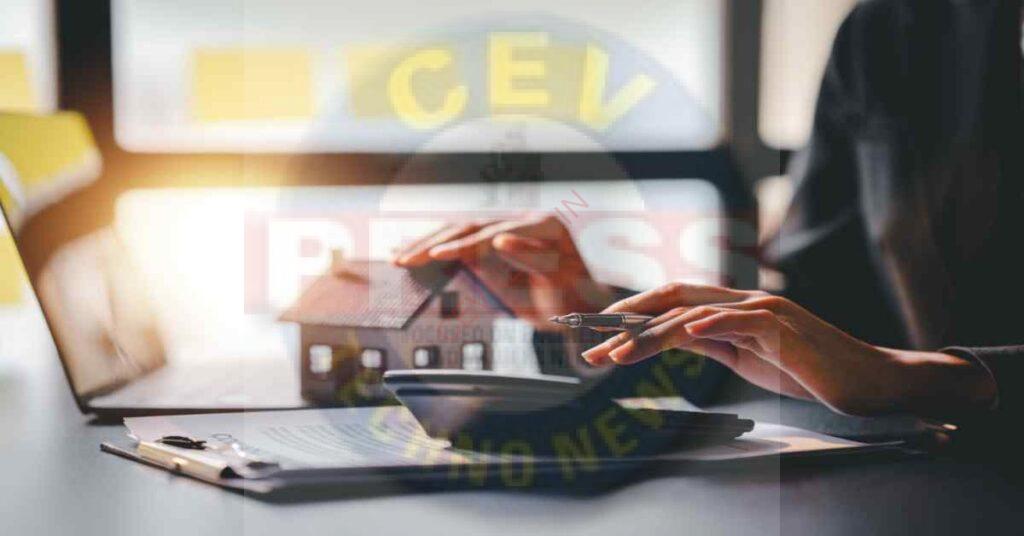BUILDING INSURANCE VALUATION: BEST PRACTICES IN INDIA
Building Insurance Valuation: Best Practices in India
Building insurance valuation in India is crucial for ensuring that properties are adequately covered against potential risks such as natural disasters, fires, and other damages. Accurate valuation helps in determining the right amount of insurance coverage, thereby protecting property owners from financial losses. Here are the best practices for building insurance valuation in India:
1. Understanding the Scope of Coverage
- Types of Coverage: Ensure the insurance policy covers all possible risks including natural calamities, fire, theft, and vandalism.
- Policy Inclusions: Review the inclusions and exclusions in the policy to understand what is covered and what is not.
2. Accurate Valuation Methods
- Replacement Cost Method: This involves estimating the cost of rebuilding the property with similar materials and specifications without considering depreciation.
- Market Value Method: This method takes into account the current market value of the property, which includes depreciation.
- Index-Based Method: Uses an index to update the original cost of the property, reflecting changes in prices over time.

3. Engaging Qualified Valuers
- Professional Expertise: Engage certified and experienced valuers who are familiar with local market conditions and building regulations.
- Compliance with Standards: Ensure that valuers follow Indian accounting standards and other relevant valuation guidelines.
4. Regular Updates and Reassessments
- Periodic Reviews: Conduct regular reviews and reassessments of the property value to account for inflation, market changes, and property modifications.
- Documentation of Changes: Keep detailed records of any renovations or improvements to ensure the insurance coverage is up-to-date.
5. Considering All Relevant Factors
- Construction Quality and Materials: Assess the quality of construction and materials used, as they impact the rebuilding cost.
- Location and Accessibility: Consider the property’s location, including factors such as proximity to fire stations, water supply, and accessibility for emergency services.
- Regulatory Compliance: Ensure the property meets all local building codes and regulations, which can affect the valuation and insurance coverage.
6. Using Advanced Technology
- Digital Tools and Software: Utilize advanced valuation software and tools for precise calculations and assessments.
- Drones and Imaging Technology: Employ drones and imaging technology for detailed inspections and measurements, especially for large or complex properties.
7. Transparent Communication with Insurers
- Full Disclosure: Provide complete and accurate information to the insurance company about the property and any associated risks.
- Understanding Terms: Clarify any doubts regarding the terms and conditions of the policy with the insurer to avoid misunderstandings.
8. Mitigation Measures and Risk Management
- Safety Enhancements: Implement safety measures such as fire alarms, sprinklers, and security systems to potentially reduce insurance premiums.
- Risk Assessment: Conduct a thorough risk assessment to identify and address potential vulnerabilities in the property.
9. Legal and Regulatory Considerations
- Adherence to Regulations: Ensure the valuation process complies with all relevant laws and regulations, including those outlined by the Insurance Regulatory and Development Authority of India (IRDAI).
- Expert Witness Services: In case of disputes, a valuer may be called upon to provide expert testimony in court, highlighting the importance of accurate and reliable valuation.
10. Continuous Learning and Adaptation
- Stay Informed: Keep up with the latest trends, technologies, and regulations in the field of building insurance valuation.
- Professional Development: Engage in continuous professional development to enhance valuation skills and knowledge.
By following these best practices, property owners in India can ensure that their buildings are accurately valued and adequately insured, providing financial security and peace of mind.


